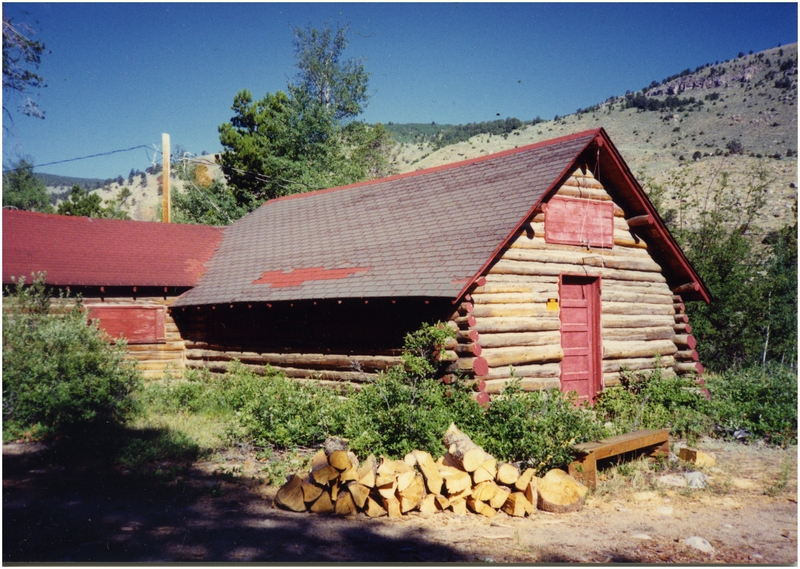The Start of a Field Camp Tradition – 1911
It was in the Wind River Mountains near Lander, Wyoming, that Branson organized a summer field camp, later to be called the Edwin B Branson Field Laboratory. Branson, while working as a grad student at the University of Chicago, went there to collect fossil amphibians with his professor.
The area, according to the geology website, has “excellent exposures of rocks, ranging in age from Precambrian to Pleistocene,” with “abundant examples of metamorphic, volcanic and plutonic igneous and marine, non-marine and glacial sedimentary rocks.” It’s also rich with coal, petroleum, uranium and iron, the website states.
The first year, 10 student geologists were in attendance. Today, camp is limited to 45 students, who come from all over the U.S to participate in the camp that was even once listed in Harvard’s undergraduate catalogue as a summer field course.
Larry Knox, chair of the Development Board, said the Field Camp is a vital part of Geological Sciences Department and in the hearts of board members who generously donate to the project. To this day, the Development Board, which had its first meeting 1984 after discussions on formation began in 1982, continues to help the university with funds they need in specific areas, such as endowment, field camp and scholarships.
“I think the one thing we all understand – the field camp has been a great uniter of all the alumni,” he said. “It’s amazing, when an issue comes up or the board wants to help generate funds to cover costs that aren’t normally covered or are difficult to get covered, if field camp is in the title, it’s almost like people say, ‘how much do you want, and I’ll send it?’ That’s amazing.”
Students attend in the summer for an eight-hour course, where they work six days a week for six weeks.
Created in 1911, it’s the longest consecutive running geology field camp in the country, Knox said. In fact, about four or five years ago, ExxonMobil selected it as the best geology field camp in the country. “It’s a spectacular area,” Knox said.
Martha George, vice chair of the Development Board, added students from all over the country come to the camp. “A lot of the geology departments throughout the U.S. don’t’ have their own field camps,” she explains.
